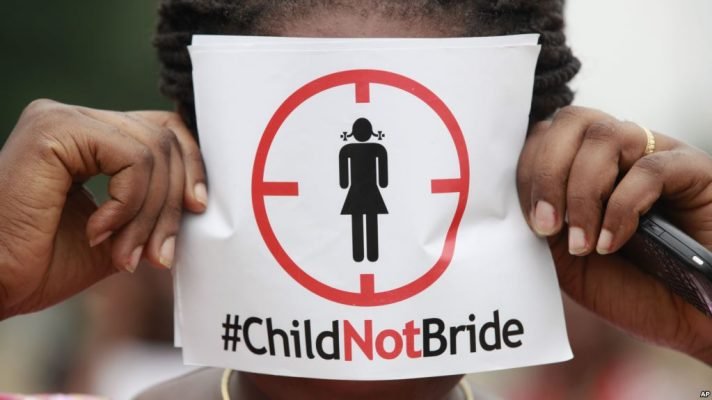A growing concern within the child bride culture in Nigeria is the emergence of silent yet dangerous acts of defiance. Victims of this harmful practice are resorting to extreme measures, such as poisoning or violence, to resist forced marriages. These incidents serve as a stark warning to those who perpetuate this barbaric tradition.
Recent reports highlight cases like Zaharau, a 14-year-old who allegedly poisoned her 29-year-old groom and his friends on their wedding day, or Maimuna Abdulmumini, who set her 35-year-old husband on fire at the age of 13. These tragic events underscore the dire consequences of child marriage.
Despite laws prohibiting marriage before the age of 18, child marriage persists in Nigeria, with alarming statistics revealing that a significant number of girls are still married off at a young age. Efforts have been made through initiatives like the National Dialogue to end child marriage by 2030, emphasizing the need for collaborative action between the government and stakeholders.
Child marriage not only deprives young girls of their rights and freedom but also poses serious health risks, such as vesicovaginal fistula, leading to lifelong physical and psychological consequences. The economic impact of child marriage is substantial, with estimates suggesting significant losses in earnings and productivity.
It is crucial for the government to take decisive action to end child marriage and protect the well-being and future of young girls. Collaborative efforts involving civil society, community leaders, and the elite are essential to combat this harmful practice and ensure a better life for girls and women in Nigeria.














Leave a Reply